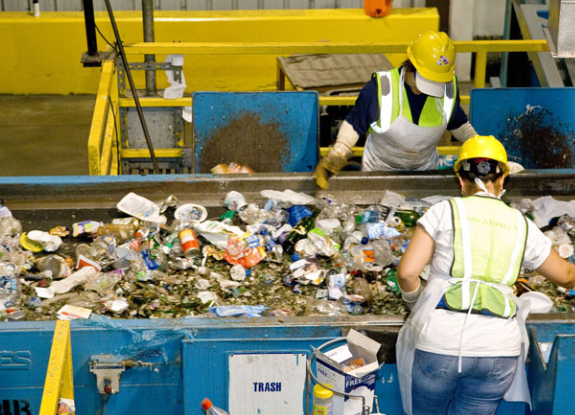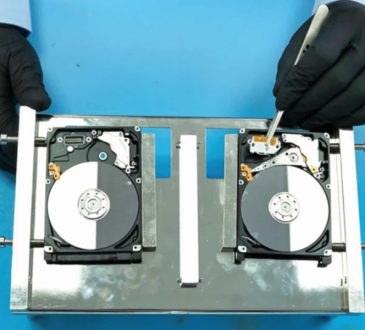
In the fast-evolving corporate landscape, the continual upgrade of electronic devices is a hallmark of staying competitive and efficient. From high-performance servers to sophisticated workstations, and ubiquitous devices like smartphones and tablets, the pursuit of cutting-edge technology is relentless. However, this technological progression comes with a significant environmental consequence: the proliferation of electronic waste, or e-waste. Effective management of obsolete electronics is not merely an environmental obligation; it’s a cornerstone of any genuinely sustainable business model.
The Critical Role of Businesses in E-Waste Management
Businesses, especially those deeply entrenched in technology-driven sectors, find themselves at the epicenter of the e-waste challenge. The cycle of frequent hardware upgrades, software incompatibilities, or strategic pivots often results in substantial disposal of electronic assets.
Why E-Waste Management is Crucial for Businesses
Environmental Stewardship: Electronics can harbor environmentally hazardous materials. Proper recycling prevents these toxins from contaminating the ecosystem.
Data Security Imperative: Business electronics often harbor confidential data. Effective recycling ensures data destruction, mitigating breach risks.
Regulatory Adherence: Many regions enforce strict e-waste disposal and recycling regulations. Compliance is critical to avoid legal repercussions.
Demonstrating Corporate Responsibility: Ethical e-waste management bolsters a company’s reputation, reflecting a commitment to sustainable practices.
Strategies for Effective E-Waste Recycling in Business
Regular Asset Audits: Continually assess and inventory electronic assets to identify obsolete or redundant equipment.
Rigorous Data Sanitization: Prioritize complete data removal from devices through software solutions or physical destruction of storage components.
Partnering with Certified Recyclers: Engage with certified recycling entities to ensure adherence to responsible recycling standards.
Adopting Return and Buy-Back Programs: Collaborate with suppliers offering buy-back or return programs for responsible end-of-life management.
Educational Initiatives for Employees: Cultivate an organizational culture attuned to the importance of e-waste recycling.
The Multifaceted Benefits of Business E-Waste Recycling
Financial Incentives: Recycling or reselling used electronics can unlock direct monetary benefits.
Conservation of Resources: Recycling salvages valuable materials from old electronics, diminishing the need for raw material extraction.
Reduced Carbon Footprint: Recycling e-waste is more energy-efficient than manufacturing new electronics from scratch, leading to lower carbon emissions.
Enhanced Corporate Image: Demonstrating a commitment to sustainability strengthens a company’s reputation among customers, partners, and investors.
E-waste recycling is an integral component of modern business strategy. As enterprises spearhead technological innovation, they must also lead in responsible electronic disposal. By embracing sustainable e-waste management practices, businesses can minimize their environmental impact, realize economic gains, and solidify their market reputation. This approach represents a harmonious blend of environmental responsibility and astute business acumen.
This post was written by Steven Elia Co-Founder and Recycling Director at eCycle Florida. eCycle Florida is a R2 Certified electronics recycling company in the state of Florida. Our processes and procedures are dedicated to the proper destruction and recycling of your electronics. eCycle Florida is your go-to when looking for an electronic recycling center in Tampa.




